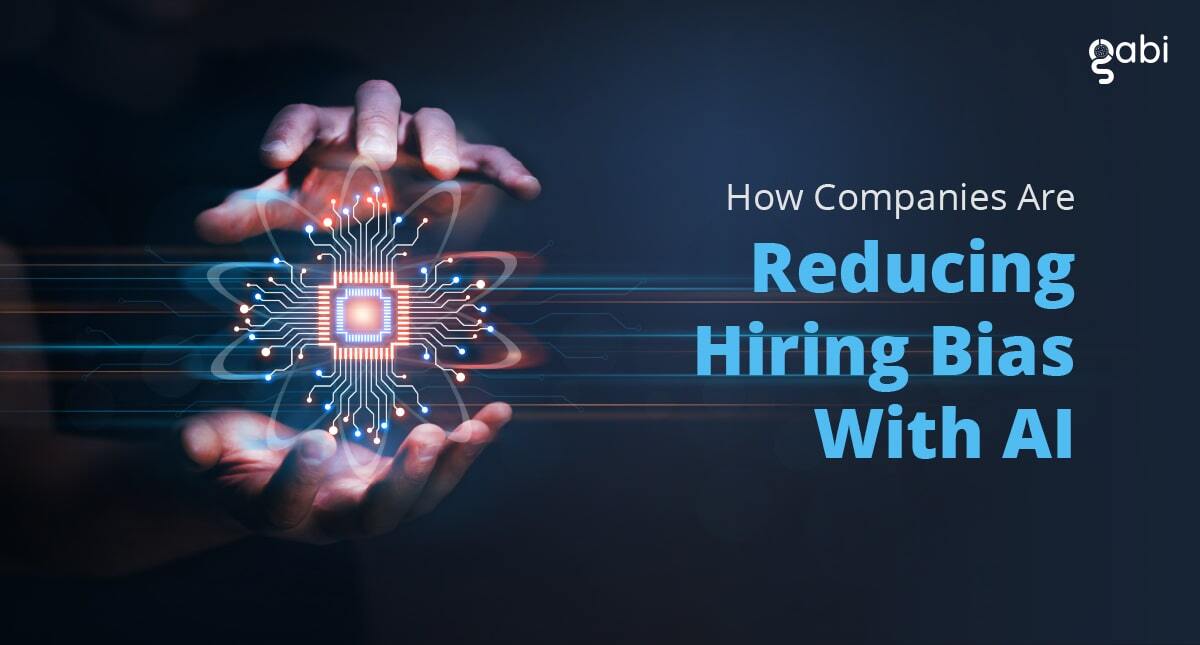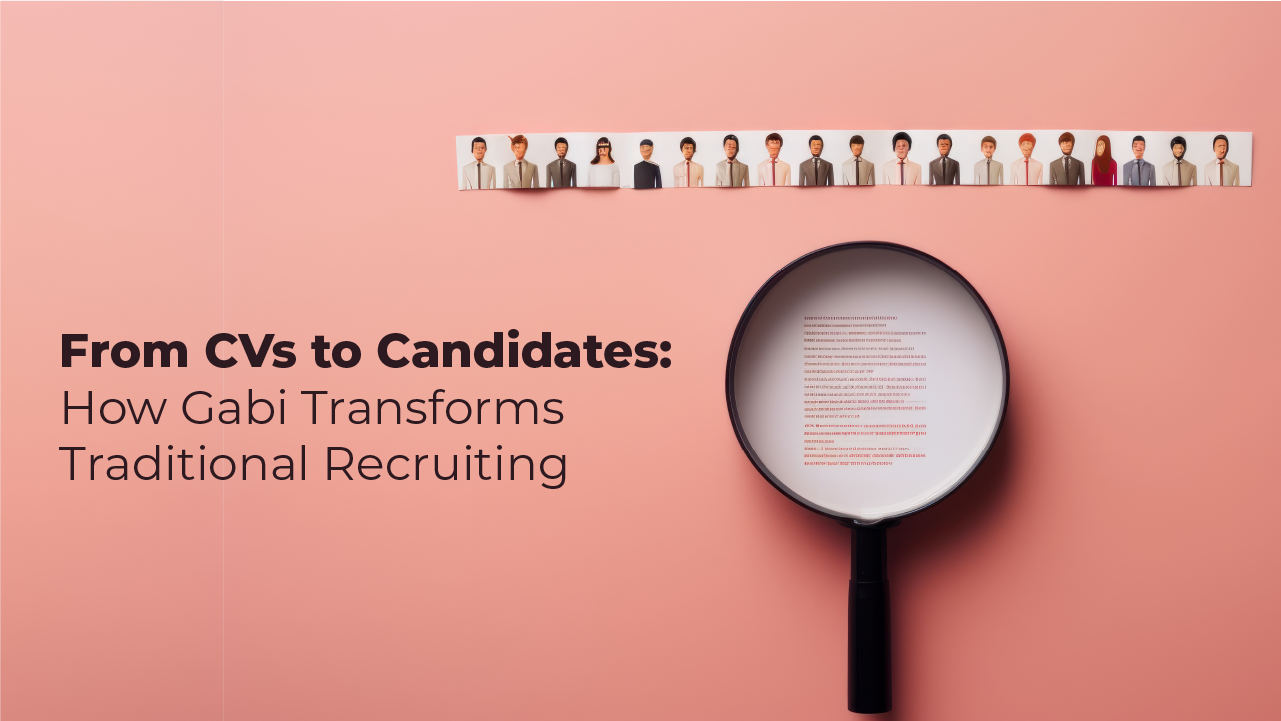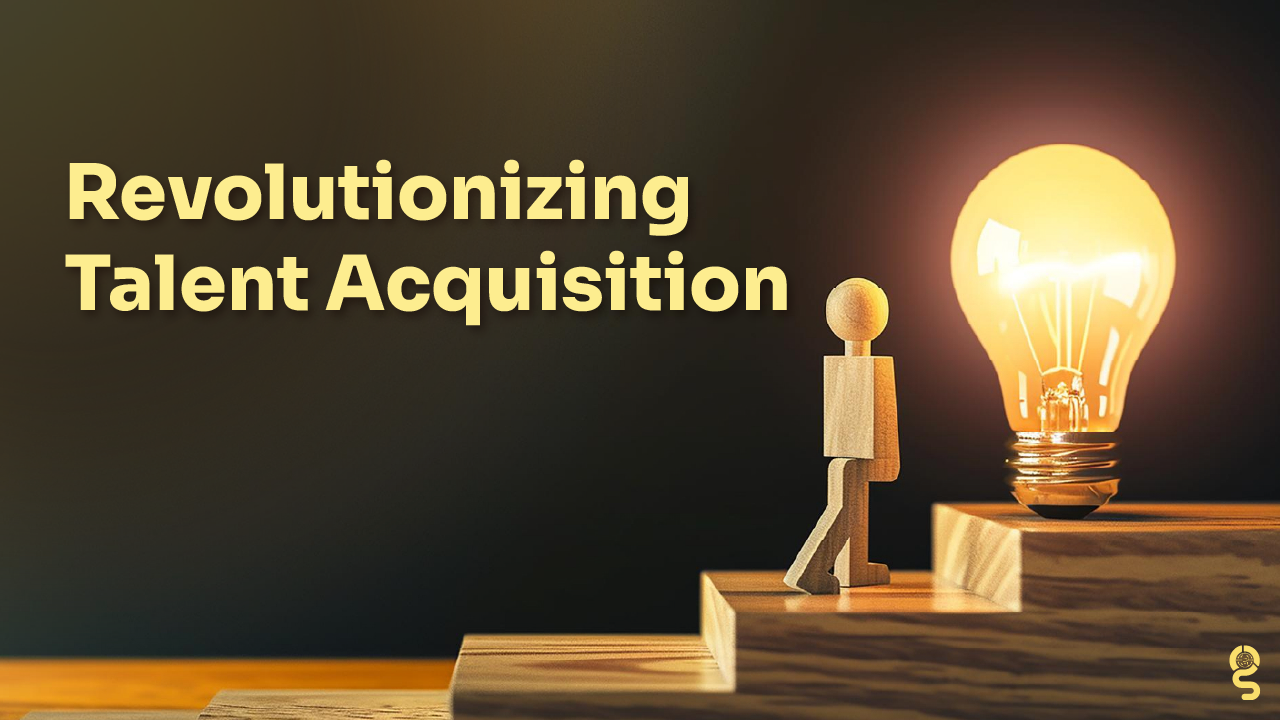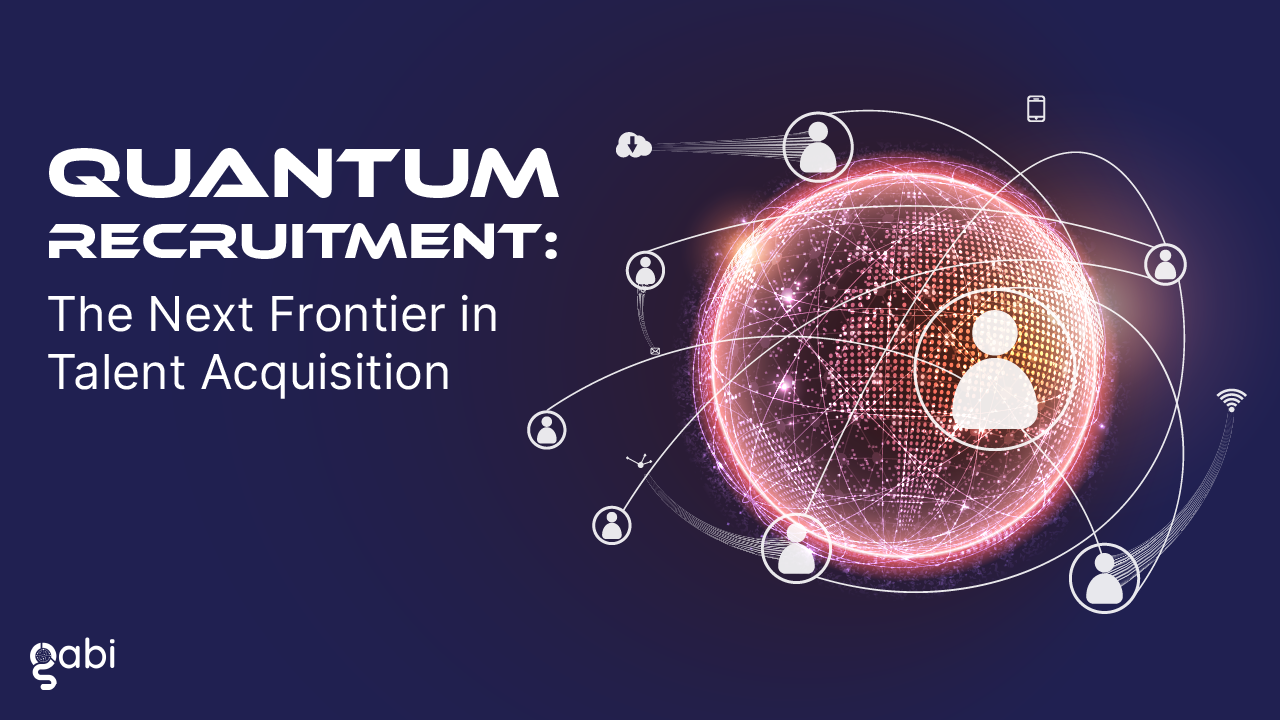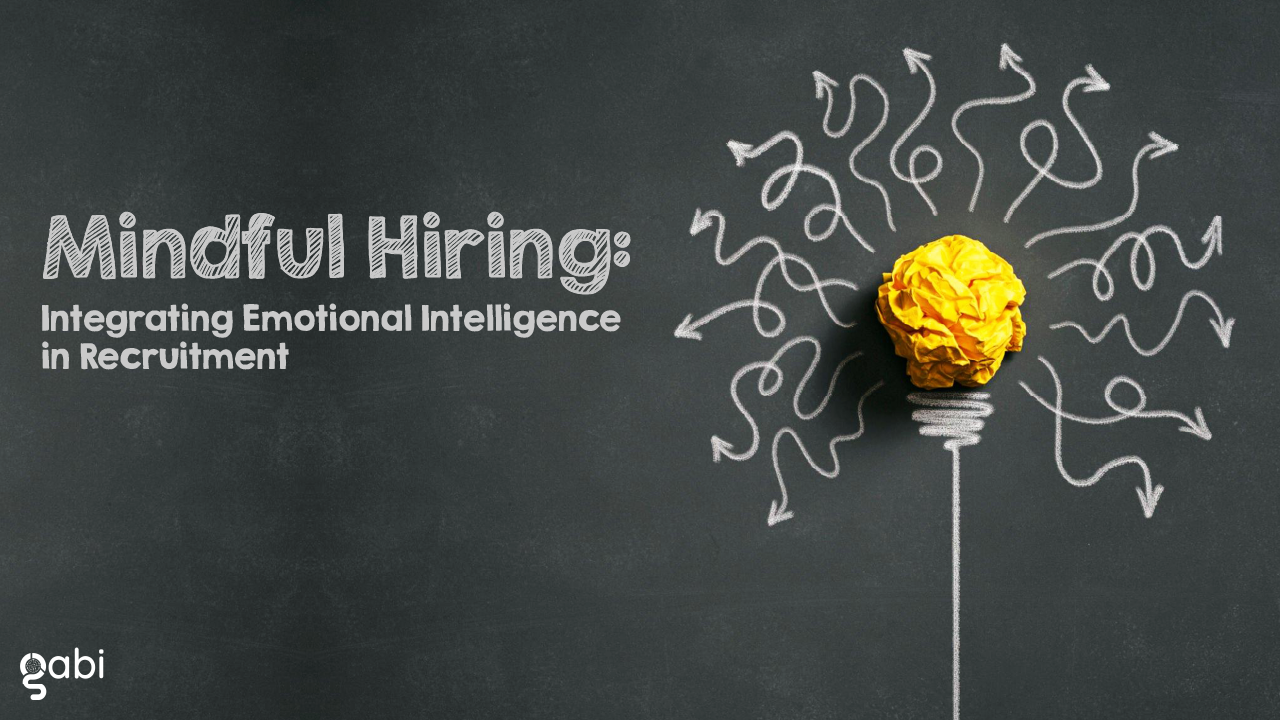Hiring biases impact the recruitment process negatively. Talented and well-skilled candidates don’t get a fair chance in the hiring process, eventually costing the company money, reputation, and time. Some biases are unconscious, meaning the recruiters don’t even realize they are projecting something they think or feel onto a candidate, dismissing them from the start.
While it’s only human for recruiters and HR managers to make mistakes, it’s important to also grow and change the way they think about candidates to reduce bias hiring. This is crucial for both the candidates to receive fair treatment and no discrimination and the company to acquire diverse top-talent employees. The more diverse a company is, the more productive, innovative, and profitable it becomes.
When we understand how bias in recruiting works, we can take a step further in eliminating it, so we can welcome a more diverse workforce. Without further ado, here’s what you need to know.
What Are Hiring Biases?
Hiring bias refers to preconceived opinions or feelings about a person when you try to hire them. They can be based on race, religion, sexual orientation, the way the person dresses, where they live, etc. So when a recruiter doesn’t analyze the resume of a person because they have another nationality surname or rejects them based on the way they look in their resume picture, this is due to biases.
Hiring biases are so profoundly embedded in society that most candidates get rejected in the first steps of the recruiting process, not standing a chance to prove their skills and worth in the job they might actually be perfect for.
But since biases in recruiting are not set in stone, we can move past them, even abolish them in the long term. This can be done in a few ways that include us humans becoming more conscious and responsible, and also by using AI to eliminate bias from hiring.
What Are the Challenges in Reducing Hiring Biases?
To reduce bias hiring is not an easy process, and it poses a few challenges that need to be tackled as we move forward into the future. Some of the most important challenges when we try to reduce hiring bias include the following:
- Recruiters’ mentality. The truth is, our mentality and our opinions as human beings influence consciously or unconsciously every decision we make. While we can strive to be more objective, it’s always a hard challenge not to be biased. To remove hiring biases from our mentality, we can train ourselves to become more conscious and responsible in the way we relate to other individuals.
Tedious resume selection. Hiring biases make their way into the recruitment process from the very beginning when recruiters look through the pile of resumes candidates sent. It’s the most tedious and repetitive step in recruiting, and thus the easiest moment for recruiters to fall into
- the bias trap. With all good intentions to avoid them, recruiters might ditch a huge amount of resumes based on hiring bias just to finish the process faster.
- Resistance to change. Change is good, but at the same time is scary because even though we might know the goal we want to reach, it’s always a step into unknown territory. With AI becoming increasingly used in many industries, recruiters started to fear artificial intelligence will soon take their jobs. Long story short, AI won’t replace recruiters in the future, in fact, it will make their jobs easier and more meaningful.
How Can AI Help Reduce Bias in Hiring?
Companies are already reducing hiring bias with AI. Companies from Fortune 500 use “psychometric games” to filter through their candidates with less bias. They are AI-powered and designed to test candidates’ “personalities” to see if they match the job they applied for.
There are a number of other ways that hiring with AI can reduce bias in recruitment, like automating the resume selection step. A resume aggregator will analyze a huge amount of data and give you specific resumes based on the job requirements, without the subjective human factor involved.
An AI-powered ranking tool will further help you select objectively only the candidates with the desired skill set for the job. With a technical assessment tool, you will be able to schedule and review talent assessments with minimum biases in the process.
Using AI to eliminate bias from hiring is an efficient tool we have at our disposal in the recruitment industry, probably the most powerful. And it’s only going to get better with time. As technology evolves moving into the future, so will the AI-powered tools, helping recruiters hire a more diverse workforce and tackle the hiring bias problem.
Conclusion
Hiring with AI helps reduce bias in recruiting, so companies can include a more diverse workforce and get innovative and profitable benefits as a result. Automating a part of the recruiting process will also help recruiters be more productive and save companies precious time and money. If you’re ready to see what AI can do for you and your company, request a customized product demo with one of Gabi’s product specialists.

